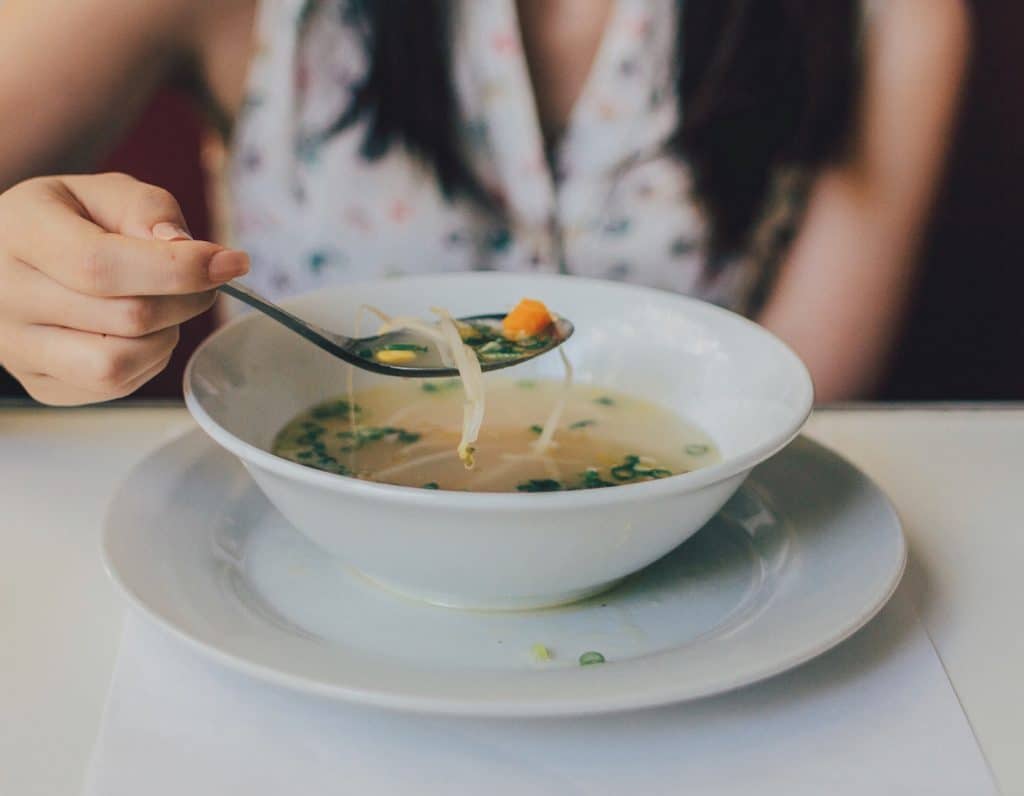
 Post Category - WellnessWellness - Post Category - HealthHealth - Post Category - NutritionNutrition
Post Category - WellnessWellness - Post Category - HealthHealth - Post Category - NutritionNutritionEver heard of leaky gut? Did you know you shouldn’t drink water with your food? From the proper amount of chewing, to foods to aid digestion, here are the keys to gut health
Everyone’s talking about gut health these days. But what is it really? How does it affect us, our health, and why does it seem to be such a challenge for so many people?! Many suffer digestive issues that range from constipation, bloating, indigestion, Irritable Bowel Syndrome (IBS), to Crohn’s Disease, Colitis, Leaky Gut, Diarrhea, Heartburn and acid Reflux just to name a few!
In order to understand this better we need to take a closer look at the process of digestion and how this massively impacts our gut health!
Firstly let’s start at where digestion actually takes place. No, it’s not in the stomach (as most people think). Digestion actually starts in our mouths! So the minute we put something into our mouths we begin this process as we chew our food to help break it down prior to our stomach receiving it.
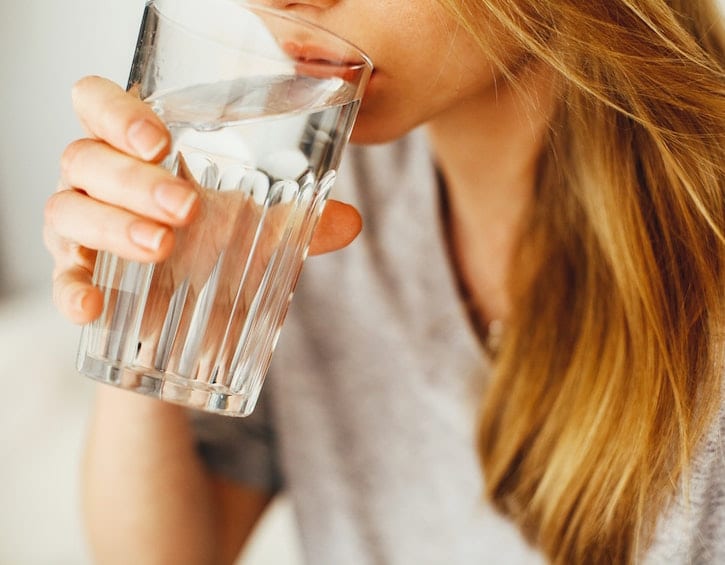
So you guessed it: chewing our food is crucial in the digestion process! We really should be spending time savouring and chewing our food at least 20 times before we swallow! These days most people I know literally ‘inhale’ their food; they eat so quickly, and swallow chunks of food almost whole! On top of that, so many of us drink water while we eat or just before we consume our food. Drinking water is actually a big no-no for digestion!
But why is this a problem, you might ask?
Well, our stomach’s acidity levels should really be sitting at around a pH of 1.9. That’s pretty much like battery acid! This will give it the chance to break food down as much as possible before it is then sent on to our small intestine to then disseminate nutrients into our bloodstream and move waste through to our large intestine/ colon.
So far, so good right?
Well, not really if you are drinking water just before you eat, during your meals, or even just after, because what this does is LOWER your stomach’s acidity, since water has a pH of at least 6+ (averaging 7).
This just means that if you haven’t chewed your food properly to begin with, and then have a drink on top of that, the stomach’s acid has been ‘watered down’ and its just not going to be able to break the food down effectively.
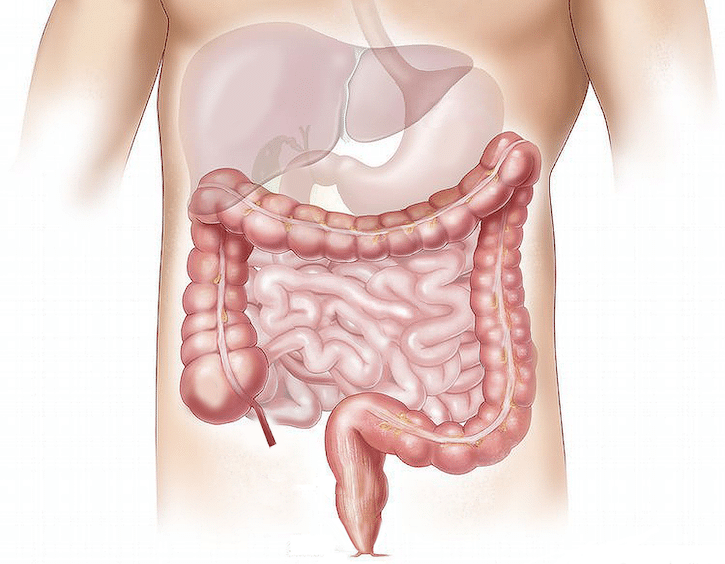
What is the impact of this? Essentially this ends up placing an extra load on the small intestine to have to try and further break the food down if it hasn’t been broken down enough. Occasionally this may be ok for it to do, but over a long term period if the small intestine has to keep doing this, it may start to affect its “permeability.” What this means is that it may cause the gut lining to ‘weaken’ and then allow food particles to escape through it into the bloodstream. This is the basis of what has been termed ‘Leaky Gut’ and ends up causing a whole host of issues from allergies and food reactions, to a number of gut disturbances as listed earlier.
So what can we do to help support this?
The process to follow is known as the 4 R’s: Remove, Replace, Repair, and Reinnoculate
If you think or know that you do suffer from a Leaky Gut or any sort of other digestive issues, then it is always best to do an ‘elimination’ (removal – 1st R) type diet where you remove a few groups of foods (for a minimum of at least 2 months). The top 5 food groups to eliminate are: Dairy, Refined Sugar, Gluten, Caffeine and Alcohol.
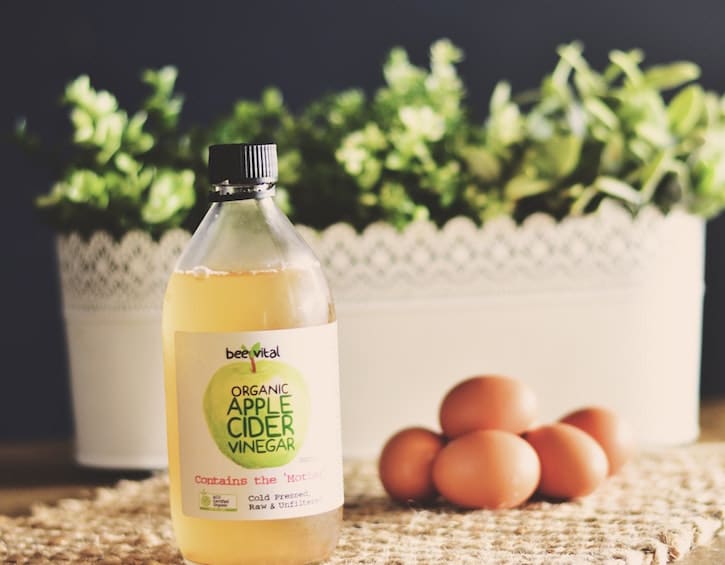
This will give your gut a great opportunity to ‘heal,’ as many of these foods tend to irritate and cause inflammation. We then want to replace (2nd R) them with healing foods like Aloe Vera Juice, Lemon Juice or Apple Cider Vinegar with warm water each morning prior to having your breakfast (of course allowing the window of at least 20 minutes either side of your meal!).This stage MAY also include the possibility of having digestive enzymes or hydrochloric acid to help with digestion.
Then we want to embark on Re-inoculating (3rd R) the gut with the Good Gut bacteria – so feeding it with fermented foods like Kimchi, Sauerkraut, Miso, Tempeh are excellent sources of promoting good intestinal flora! Alternatively, try taking a supplement that contains specific probiotics like the Bifidobacteria and lactobacillus species. I recommend anywhere from 25 -100 billion units a day.
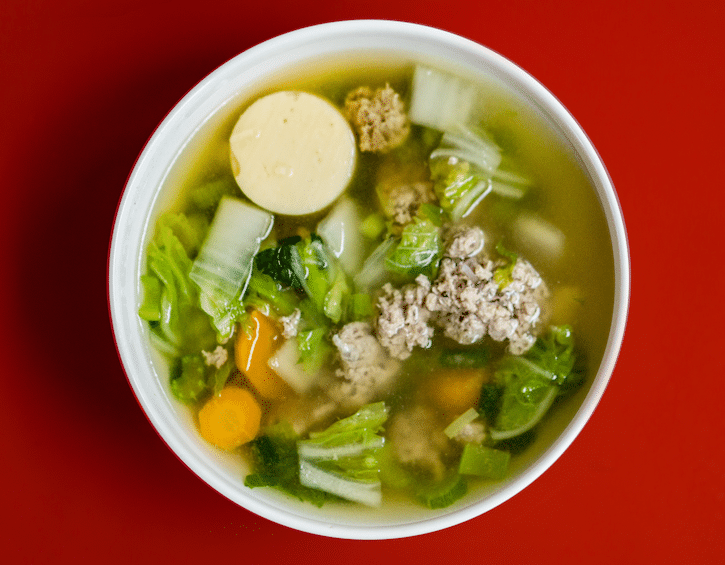
Finally we want to look at then Repairing (4th R) the gut lining by providing it with the nutrients necessary to help the gut repair itself.
Foods like Bone Broths contain powerful gut-repairing ingredients like collagen, which helps to repair and build the gut lining integrity and is rich in amino acids that quite literally, “seal the leaks” or perforations in the gut by repairing damaged cells and building new tissue.
Other gut healing nutrients and herbs like l-glutamine, aloe, liquorice, slippery elm and marshmallow root help to nourish and soothe the gut cells, restore the gut’s natural mucosal lining, and maximize gut-mending fatty acid production. Other key nutrients include Zinc, Omega 3 Fish Oils, vitamin A, C, E.
So just remember, mamas: if you’re suffering from any Gut issues or challenges it is important to look into the process of digestion and then take the necessary steps to Remove, Replace, Reinoculate and Repair it for a period of at least 3 months, as this will have a significant impact on your energy, health, vitality and life!
Read more:
What Are The Body’s Four Channels of Elimination?
How ‘Good’ Gut Bacteria Affects Weight and Energy






 View All
View All




 View All
View All









 View All
View All






